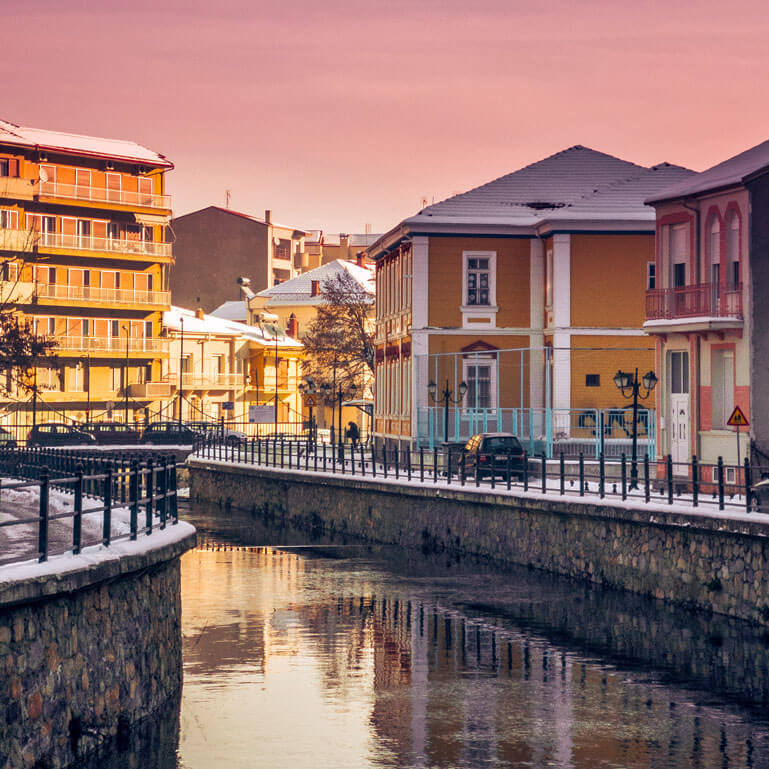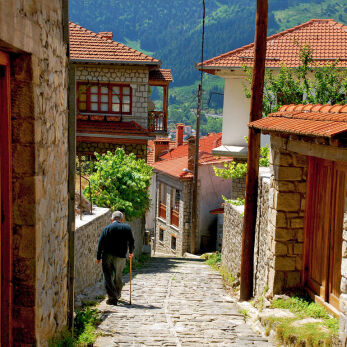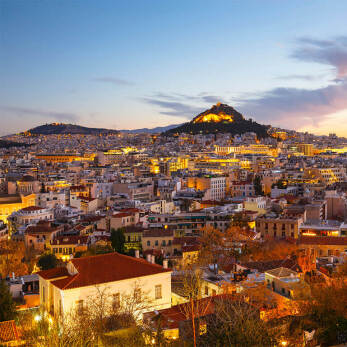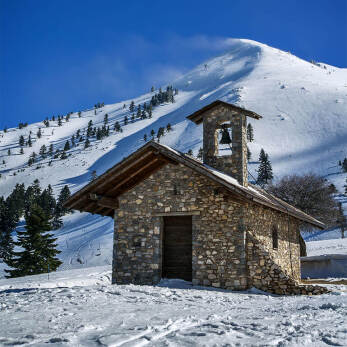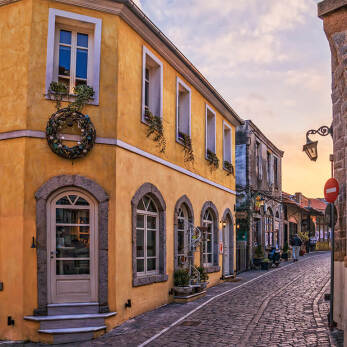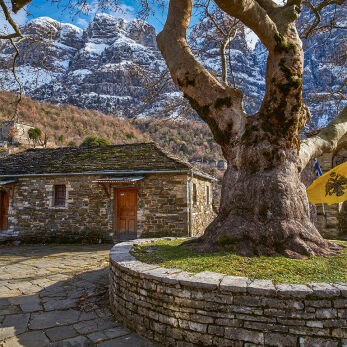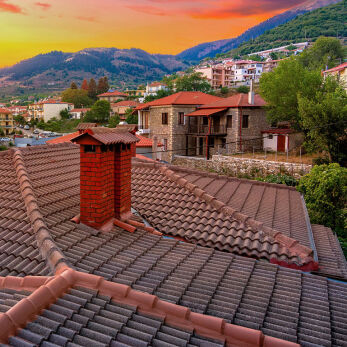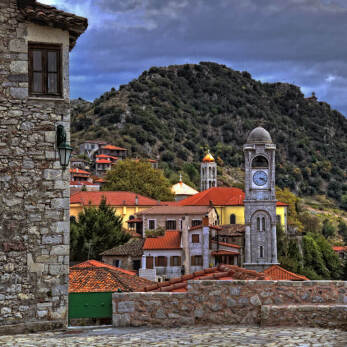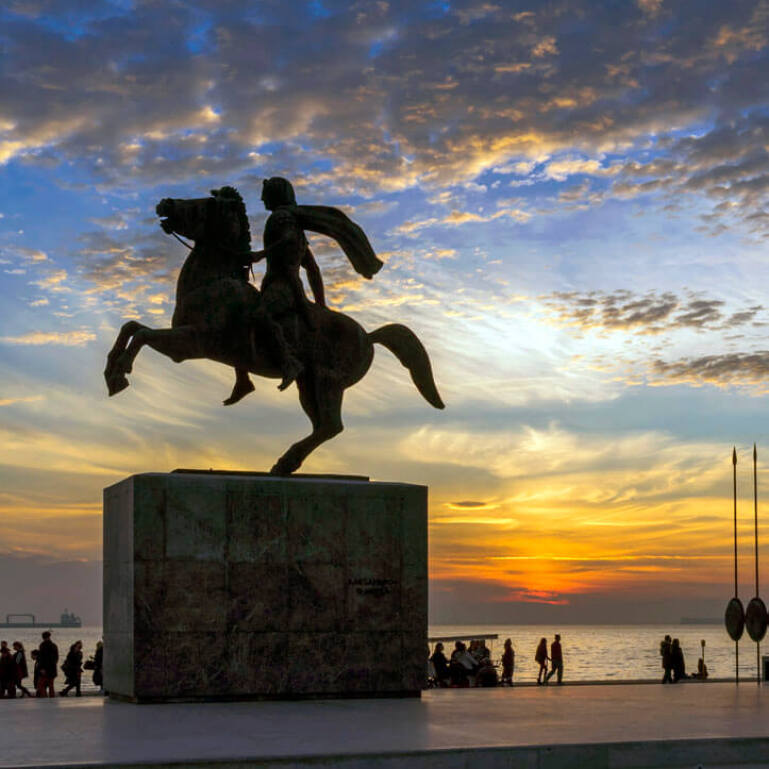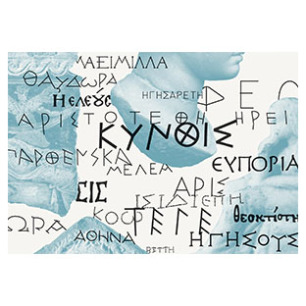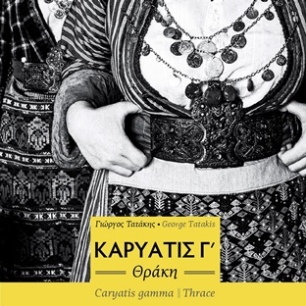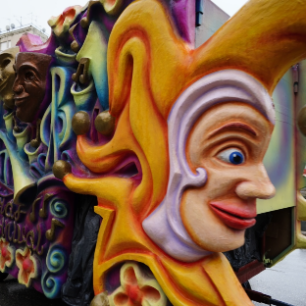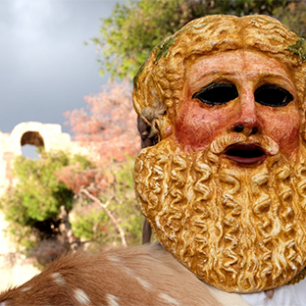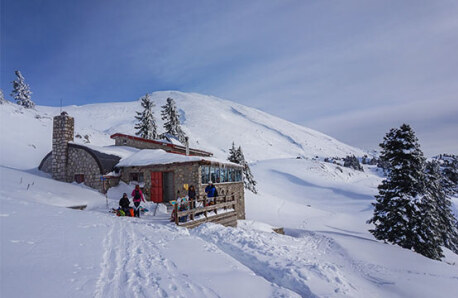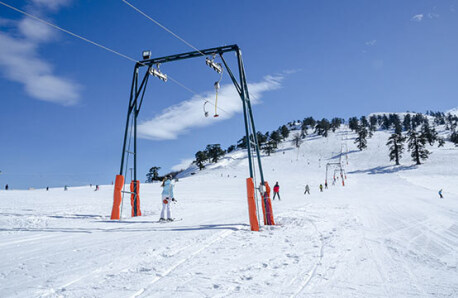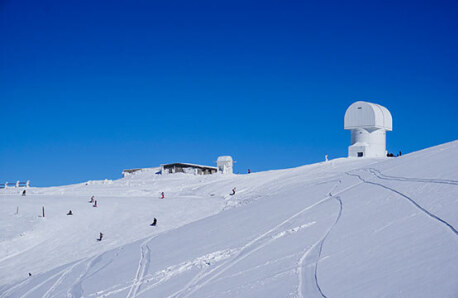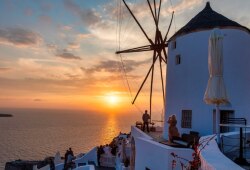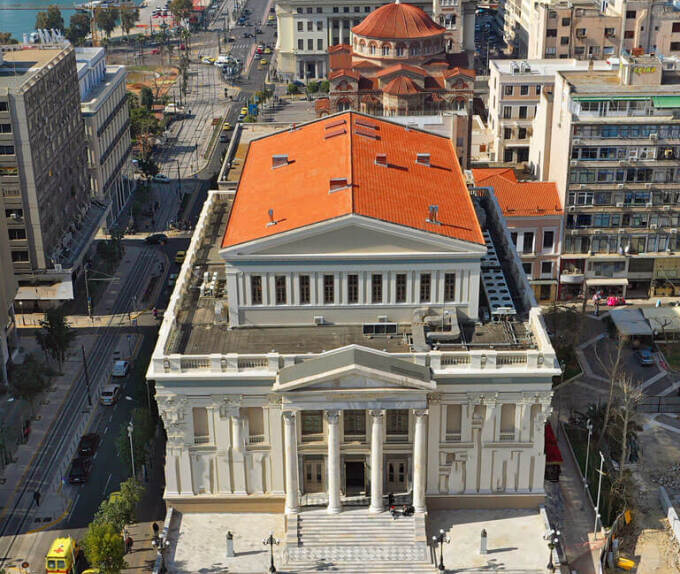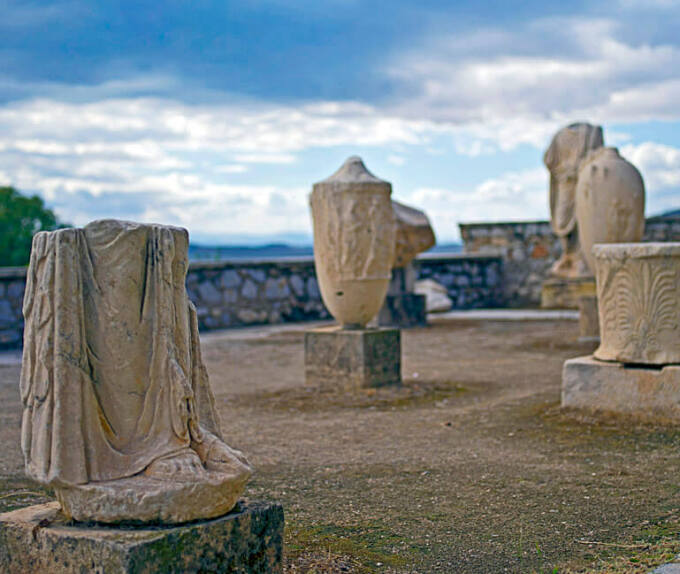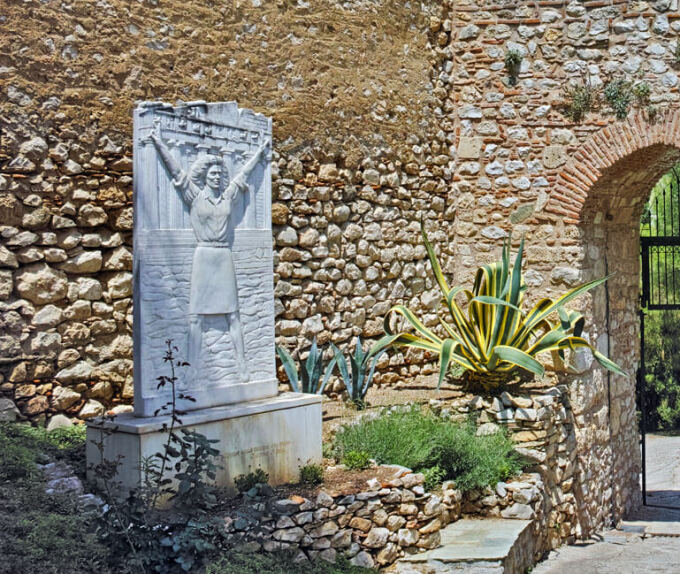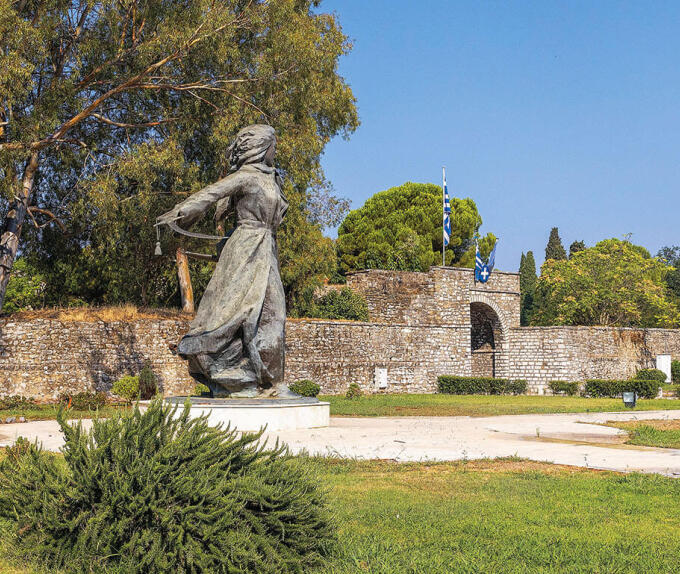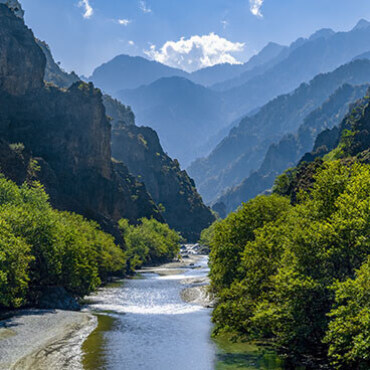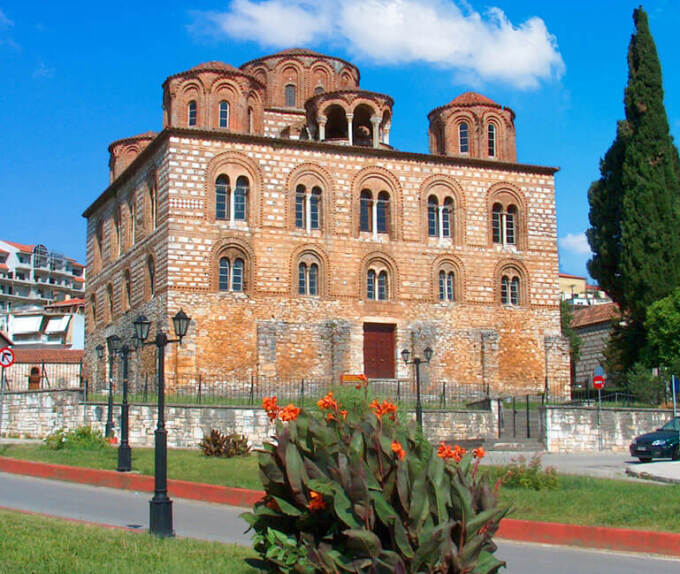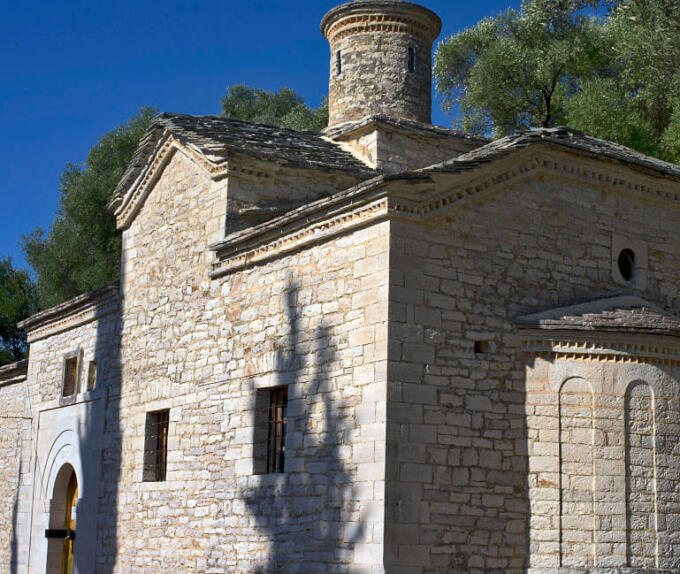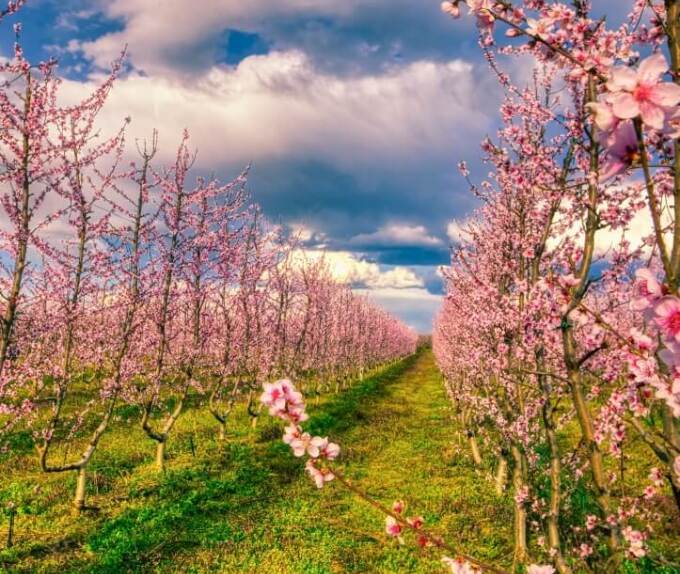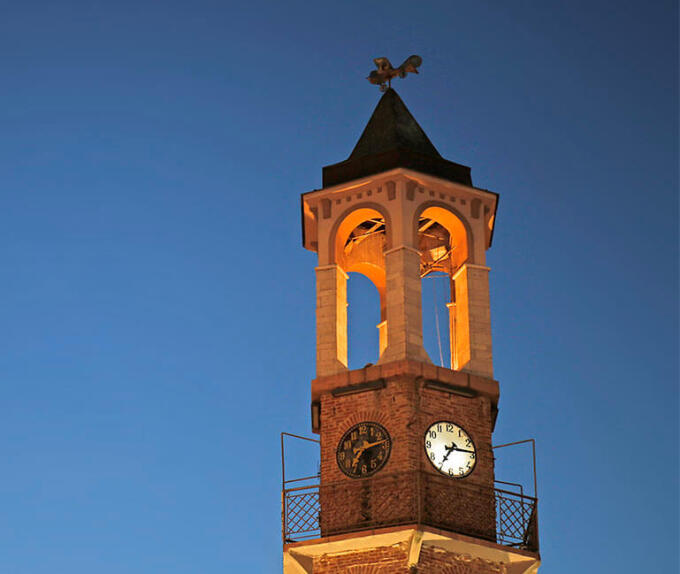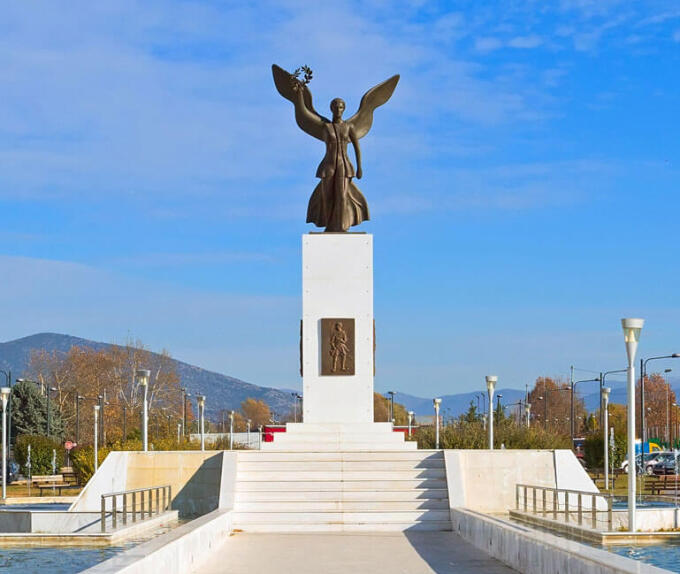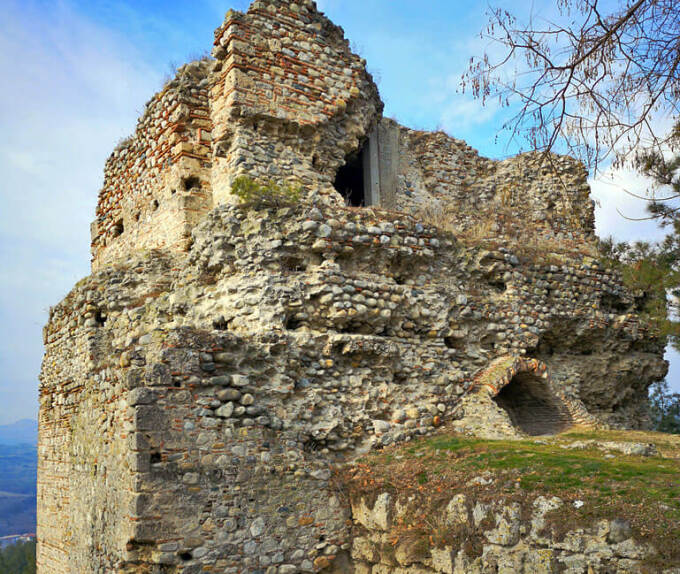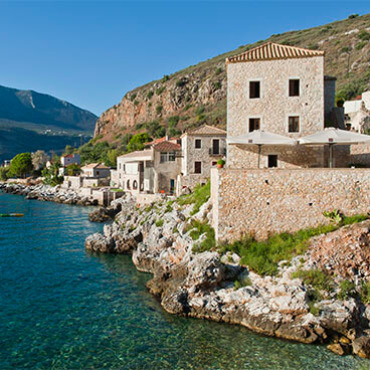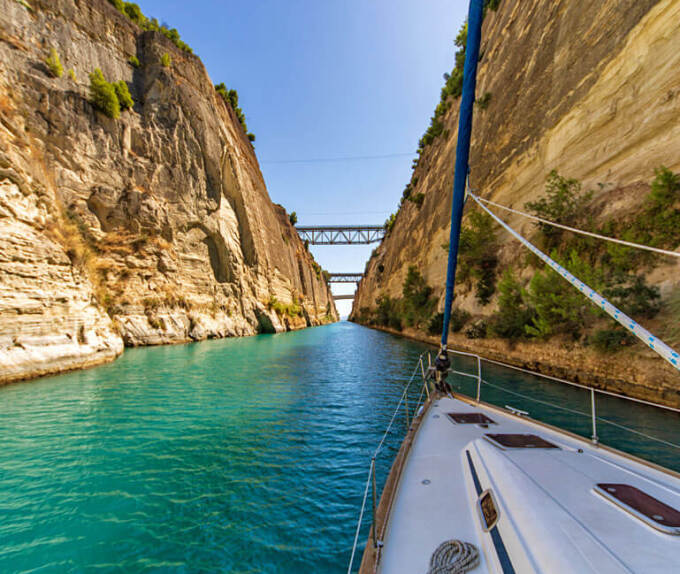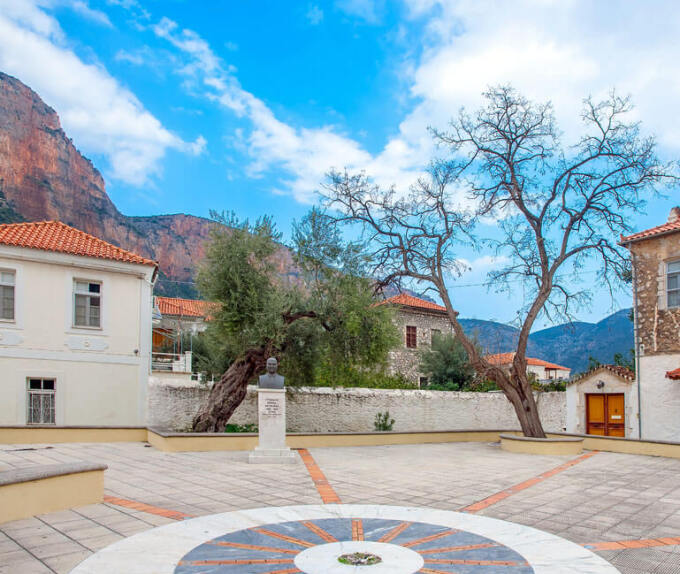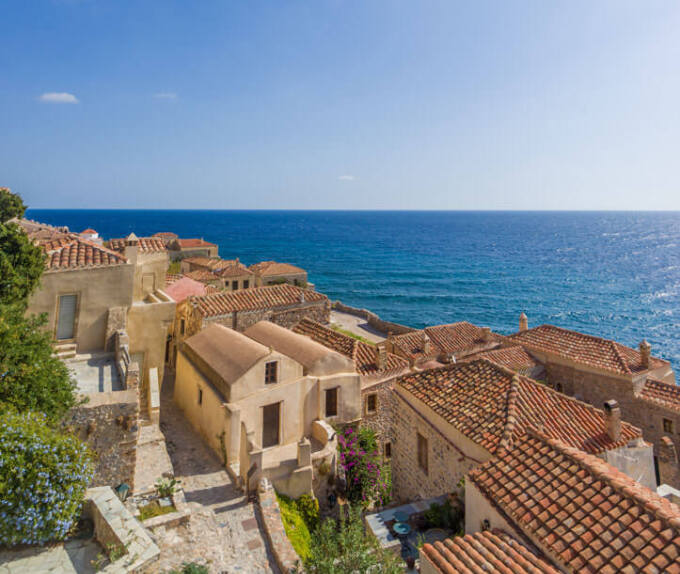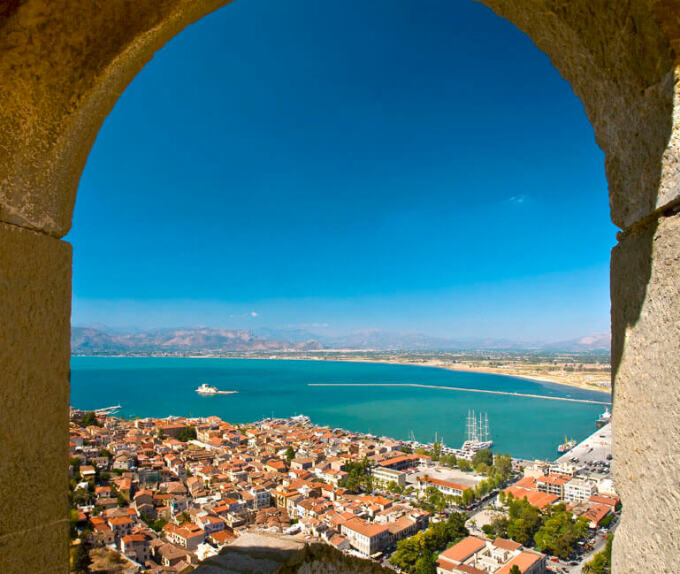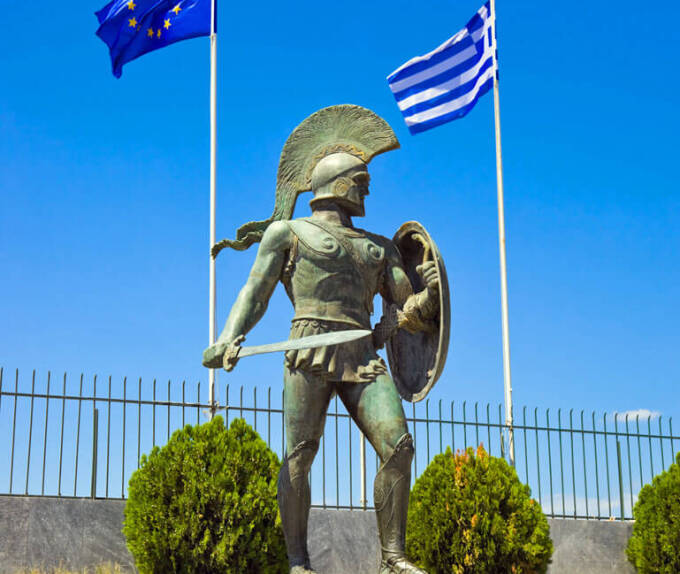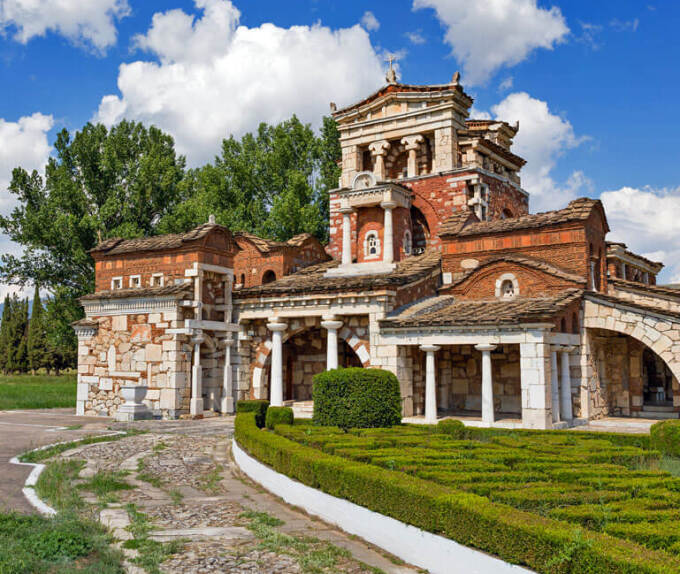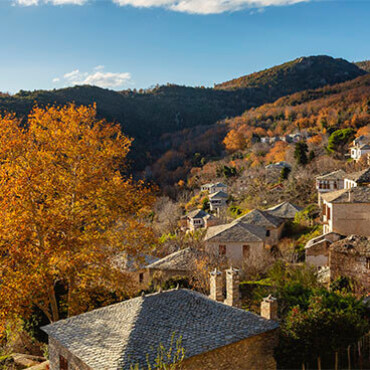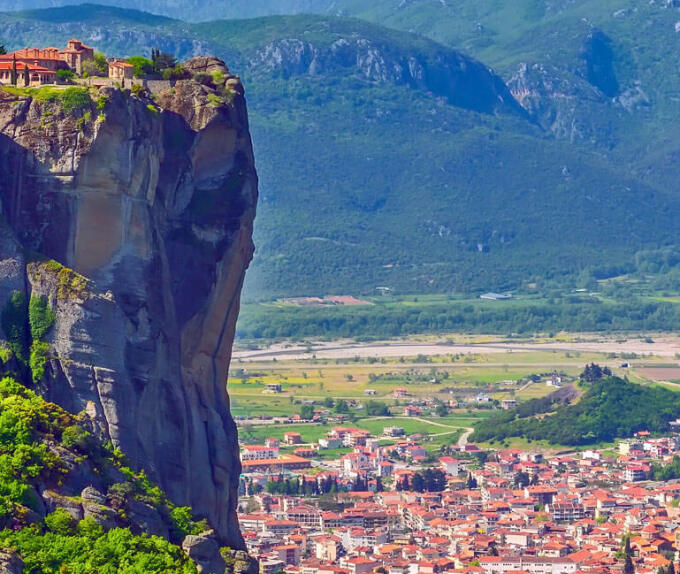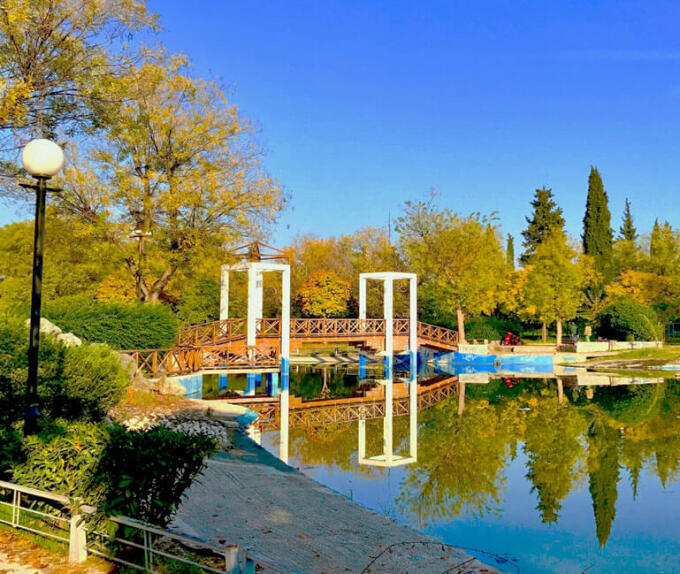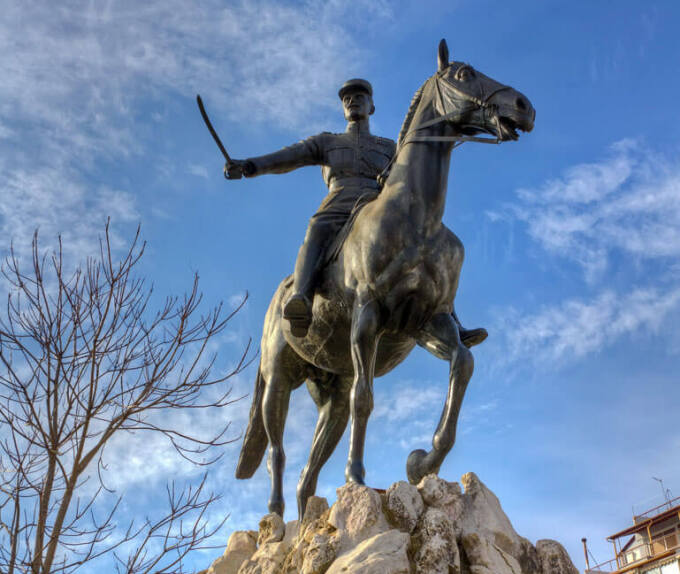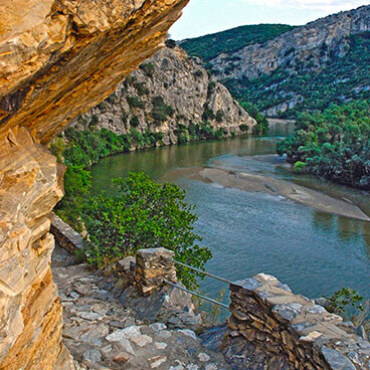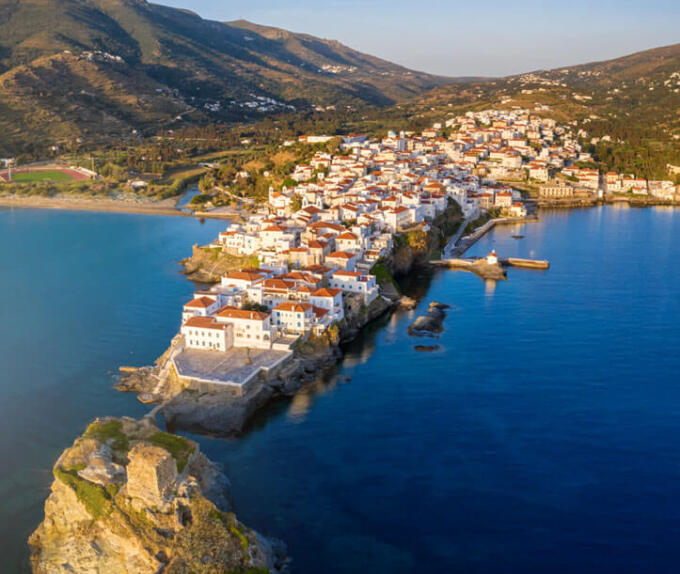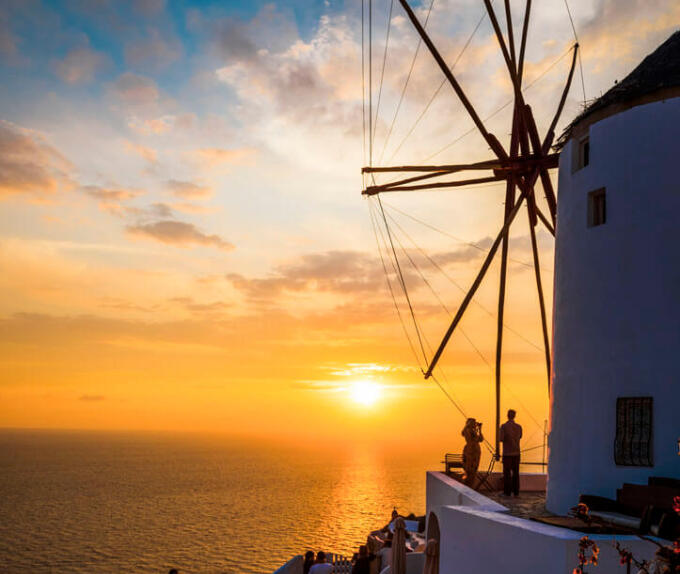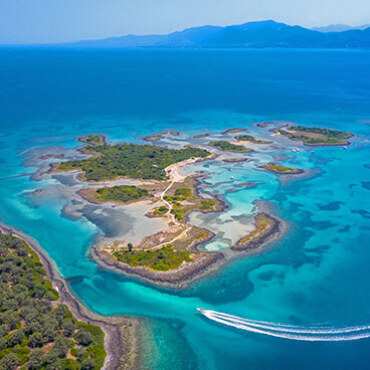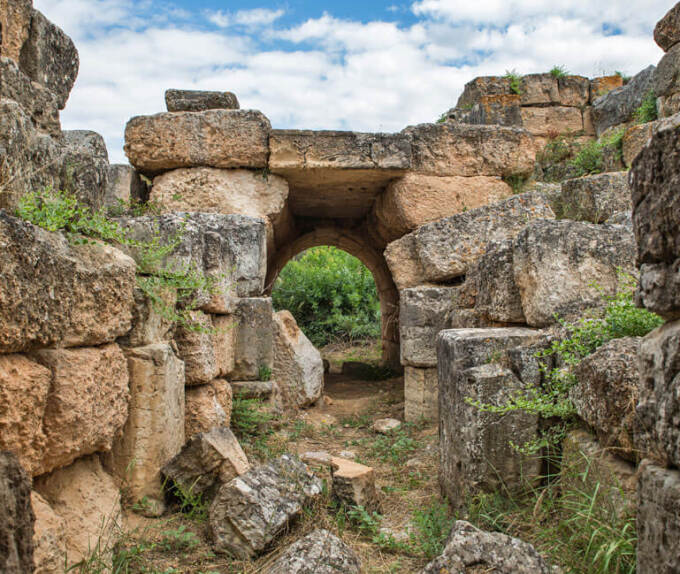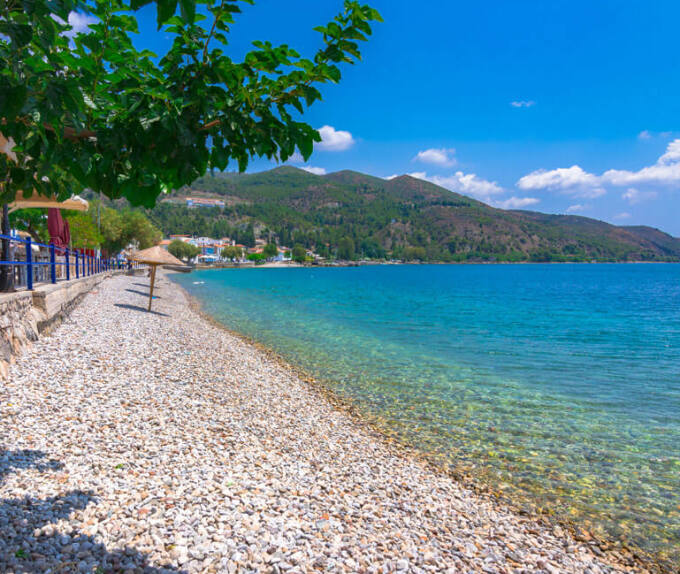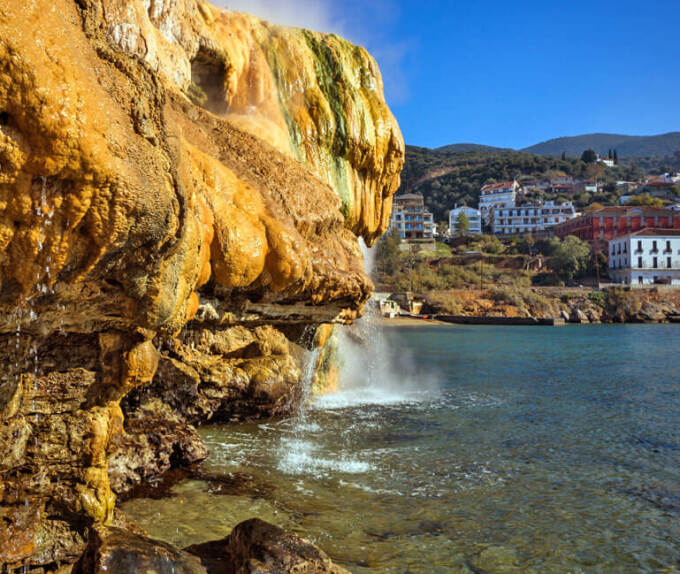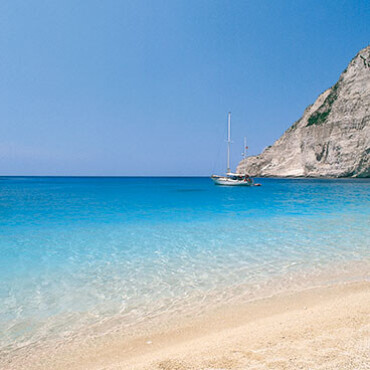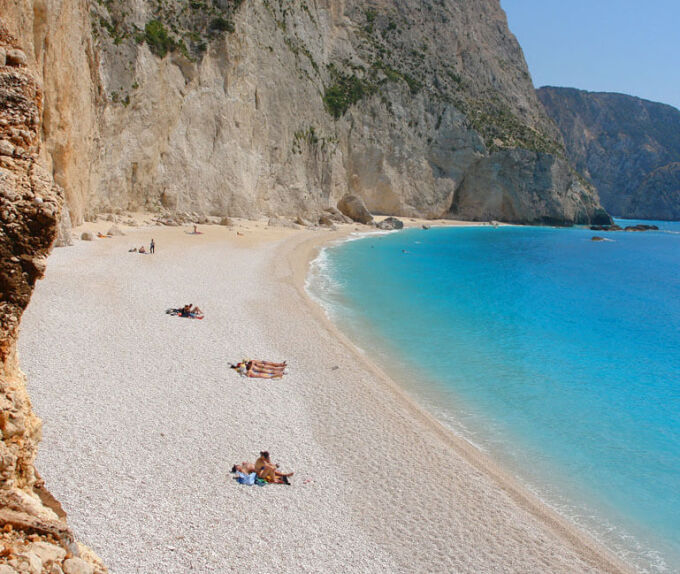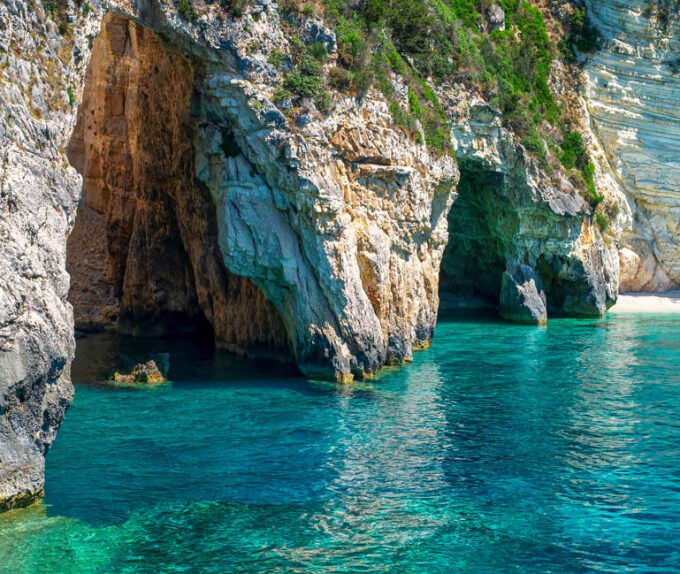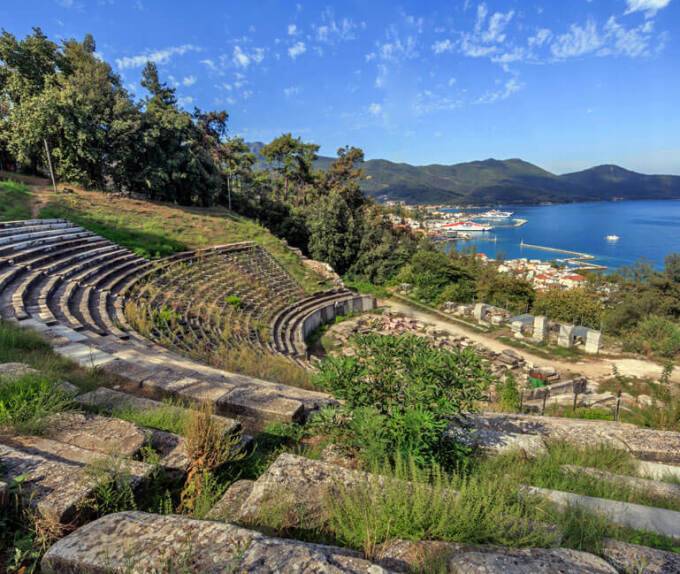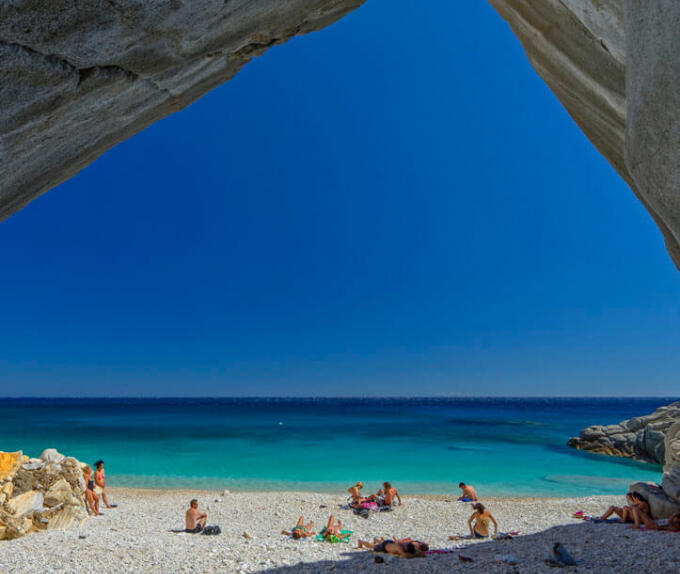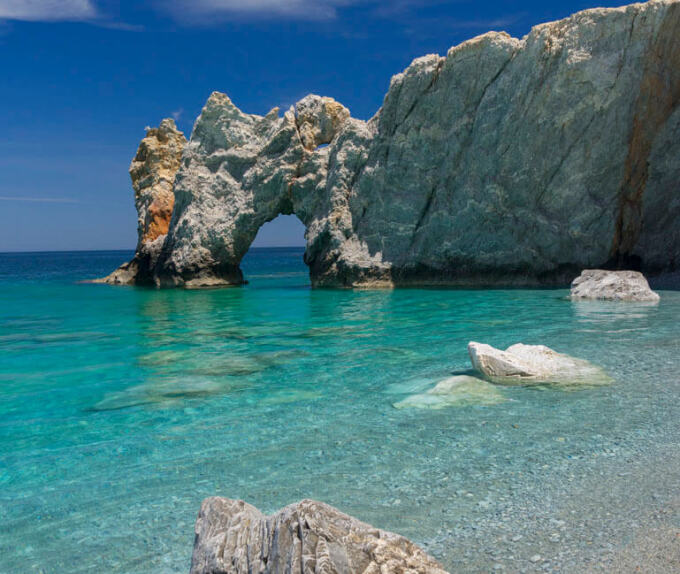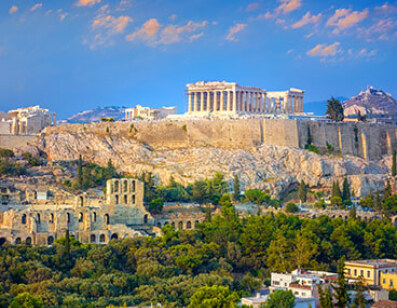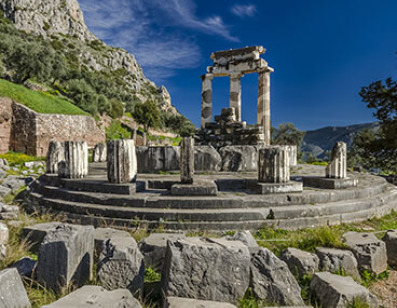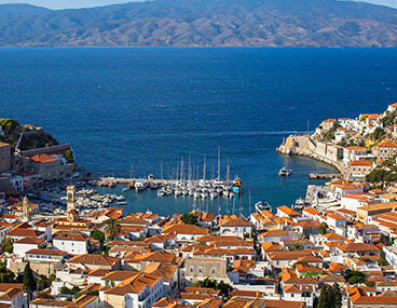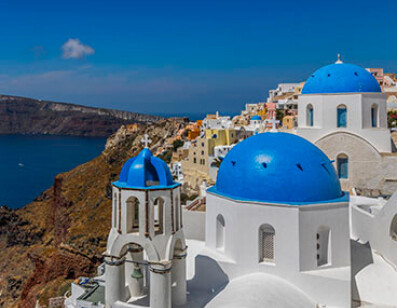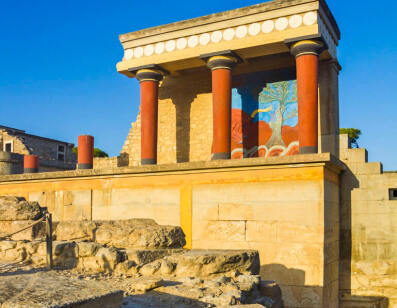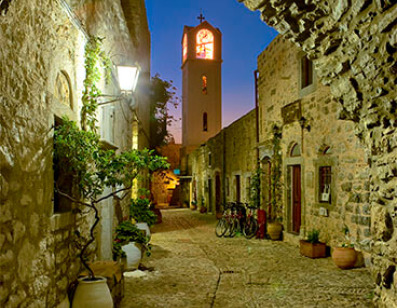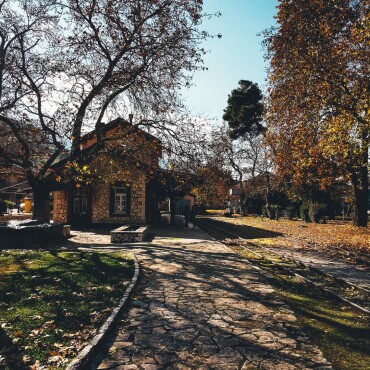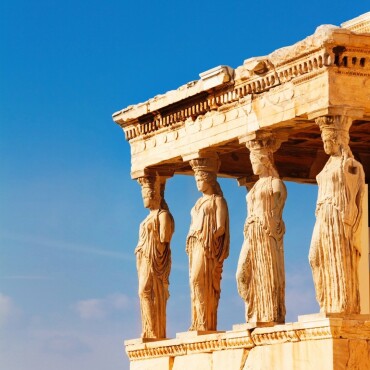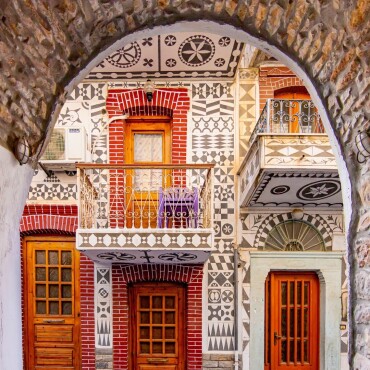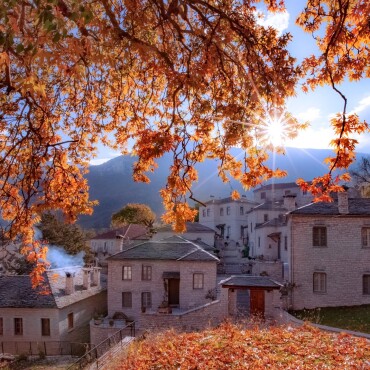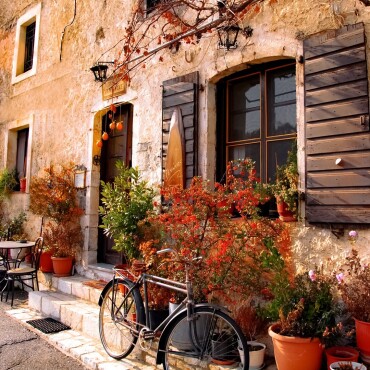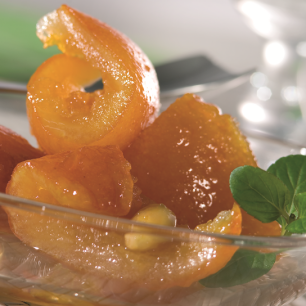
Events
VIEW ALL- Exhibitions
- Festival
- Music
- Sports
- Attica
- Central Greece
- Crete
- Cyclades
- Epirus
- Macedonia
- Peloponnese
- Sporades
- Thrace
- Athens
- Galaxidi
- Heraklion
- Ioannina
- Livadeia
- Patras
- Santorini
- Skyros
- Soufli
- Thessaloniki
- February
- March
- April
- May
- June
- July
- August
- September
- October
- November

Experiences
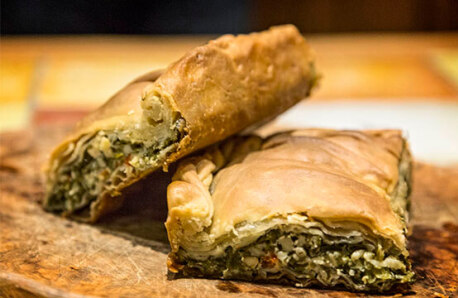



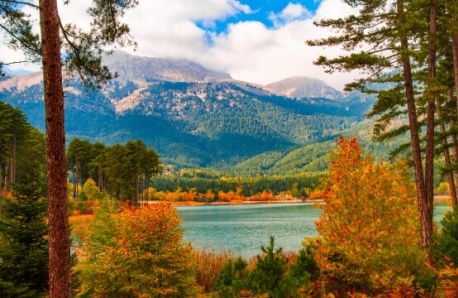

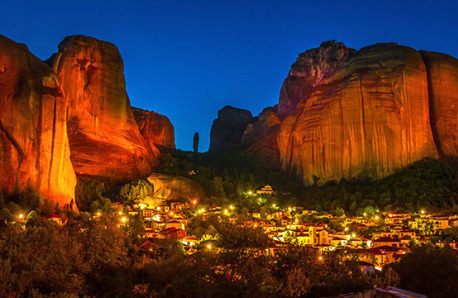
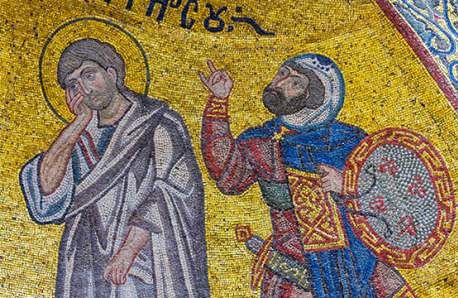
Read our Blog
VIEW ALL BLOGFun Facts
The very first sprint race of the first Olympic Games in 776 B.C. was won by Coroebus of Elis, a cook!
Τhe concept of democracy developed in Athens around the 6th century BC. The Greek word demokratia (δημοκρατία) meant “the power of the people”.
Alexander the Great, one of history’s greatest warriors and leaders of all time, was Greek. Alexander the Great conquered land all the way from Greece to Asia. His achievements and conquests gave rise to the later Hellenistic period (323 BC - 31 BC).
Did you know that Greece is the third largest producer of olive oil in the world? Greeks have cultivated olive trees since antiquity. Some of the olive trees that are still producing olives, date back to the thirteenth century.
Greece's national drink is ouzo. Ouzo is a dry anise-flavoured aperitif. Cheers, "stin igia mas" in Greek!
In Greece, people celebrate the “name day” of the saint that bears their name in a similar way to their own birthday.
700 plant species of Greece are endemic, meaning that they may be found only in Greece; approximately 20% of those are aromatic or medicinal plants.
Did you know that Greece has around 6,000 islands, islets and rocky islets? 2,000 of them are islands and only 107 of them are inhabited!
The first philosopher is considered to be Thales of Miletus (c. 624 – 425 B.C.). He is credited as giving the first explanation for the origin of the world that was not mythological.
Greece has historically engaged in wine making. Take for example Dionysus, the son of Zeus, the God of the grape-harvest, winemaking and wine. His face is seen today on the sommelier’s pin which is a symbol of respect to wine’s contribution throughout history.
No part of Greece is more than 137km from the sea.
Greece is the place where democracy was born. But democracy in ancient Athens was significantly different from modern democracies. It was both more participatory and exclusive, and there were no political parties in Athenian democracy.
Do you know what rakomelo is? It is a Cretan hot cocktail! A delicious mixture of honey, spices and the alcoholic beverage tsikoudia. Bottoms up!
Greek is one of the oldest spoken languages in Europe since it has been spoken for more than 3.000 years.
The species and subspecies of the native plants in Greece are about 6,000, almost as much as 50% of the native plants of Europe!
Did you know that Greece is the 4th largest cheese producer worldwide. Greeks eat 28 kg per capita per year. And guess what, mostly feta cheese!
Did you know that most days of the year are sunny in Greece? 250, to be exact.
Did you know that Epirus is the most mountainous territory of Greece and the poorest in the EU; however it has a unique natural wealth!
Crete's history as well as the inhabitants' personality were affected by the island's mountainous landscape.
Greece is a leading producer of sea sponges.
Explore Greece
Central Greece

Dodecanese

Places to Visit
North Aegean





